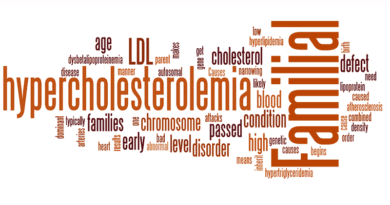Time to rethink saturated fat?!

Executive summary
Please login to view this content
Introduction
We had the absolute delight of hosting Dr Peter Brukner and Nina Teicholz last week. They both happened to be in the UK and both fancied coming to stay and it just so happened that the trips coincided. We woke up together on 4th July – Independence Day – to see an article fighting for the right for saturated fat to be free from damnation. The article was published in the BMJ and it’s currently on open view (Ref 1). The lead author is Professor Arne Astrup.
The BMJ article generated headlines across the world. The Sydney Morning Herald asked, “Is saturated fat as bad for us as we think?” (Ref 2). The UK Daily Mail went even further “Ditching saturated fats may 'do more harm than good' as people miss out on nutrients in eggs, chocolate, meat and cheese, scientists warn” (Ref 3).
The BMJ paper
The BMJ paper was a review paper. No study had been undertaken. The paper was described as “a summary of an international collaboration in response to the World Health Organisation (WHO) hearing in May 2018.” There were 18 authors on the paper and they were an esteemed group of professors and other academics. One of the authors was Dariush Mozaffarian, Dean of the Friedman School of Nutrition and Science, at Tufts University. Delegates at Low Carb Denver (March 2019) will have appreciated Dariush’s attendance, presentation and debate with Gary Taubes. There was much common ground between Dary (as he’s known) and Gary, but fats were one area of debate. In particular, Dary was much more pro seed oils than Gary and the conference attendees. However, this saturated fat paper signals further areas of agreement.
As well as describing the authors as esteemed, it is only fair to describe them as conflicted. The paper is just five pages long – three of text and one of references. Much of the fourth page is taken up with conflicts of interest. Out of 18 authors, 6 had no conflicts to declare and the rest were conflicted with the dairy industry and/or dairy products (e.g. Danone, Yoplait, Unilever).
The key messages
The key messages from the paper were:
i) Many governments rely on WHO guidelines.
ii) WHO guidelines recommend reducing intake of total saturated fatty acids to less than 10% of total calorie intake (and replacing saturated fats with monounsaturated and polyunsaturated fats). These guidelines are made in the belief that they will reduce the incidence of cardiovascular disease and related mortality.
iii) The evidence does not support these guidelines.
iv) Maintaining this saturated fat advice will work against the intentions of the guidelines and may worsen disease incidence and mortality.
Let’s look at what has led to these messages in more detail…
The rest of this article is available to site subscribers, who get access to all articles plus a weekly newsletter.
To continue reading, please login below or sign up for a subscription. Thank you.




